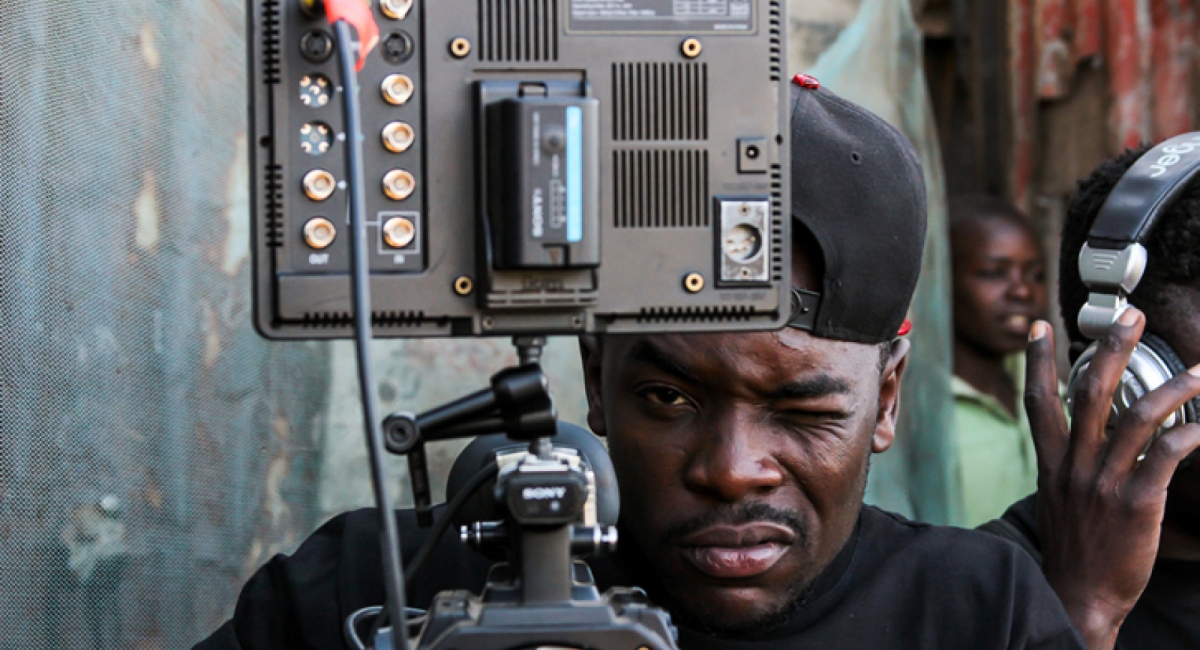Africa Rising 2016 Slum Film Festival
UNESCO is sponsoring the sixth edition of Kenya’s innovative Slum Film Festival, taking place in the capital Nairobi through August. Featuring contemporary short, and documentary films from Africa and beyond, the Festival is unique in that it features film makers from slums around the world telling stories about life in their settlements.
UNESCO will also present one of the awards during the Awards Gala for winning filmmakers on 26 August. The Gala is also an important opportunity for creators and film industry agents to network.
The Slum Film Festival is a community-based event that includes a film competition, a Filmmaker Lab with capacity-building workshops and Master Classes, and screenings in the slums as well as in central locations in Nairobi. The Filmmaker Labs aims to train selected youth from the slums on civic education, social cohesion and good governance and its participants have been invited to produce 13 short films (15’) on these themes.
“This year’s film lab is designed to capacitate young filmmakers from the informal settlements or slums on the art of storytelling and film for social change, including development, production and distribution. A video drama series, Jihusishe, will be created to promote civic education and to engage the informal settlements communities to create civic awareness and to participate in a peaceful electoral process,” explains Solomon Mwendwa, Director of the Slum Film Festival.
The Festival offers a unique platform for social and economic change, sustainable development, and freedom of artistic expression. A key to its impact and success is the focus on development, innovation and entrepreneurship in the slums, as well as the mobilization of the local community through film. These are important initiatives that correspond to UNESCO’s advocacy for culture in sustainable urban development through creative industries.
On 9 August, the Festival’s workshop discussed Kenya’s new draft National Policy for the sustainable development of the creative industries and UNESCO’s 2005 Convention on the Protection and Promotion of the Diversity of Cultural Expressions and its International Fund. These provide important frameworks and models supporting the cultural and creative industries. It included representatives from UNESCO’s Regional Office for Eastern Africa (Nairobi), Kenya’s Department of Culture and the British Council’s new East African Arts Programme. Over 40 participants took part, including writers, visual and theatre artists, filmmakers, poets, and storytellers as well as youth and indigenous groups. In addition to sponsoring the Filmmaker Labs, UNESCO also supported the participation of Simon Bingo, founder of the South Sudan Juba Film Festival, as part of the event’s Visiting Filmmaker Programme.
According to UN Habitat’s 2016 World Cities Report, 880 million people worldwide lived in slums in 2014; an increase of 28% over the previous 14 years. Improving their lives is an essential means to tackle poverty and the Slum Film Festival, with its push for creative industries in the slums, is an innovative way to help bring about change.
For more information:
